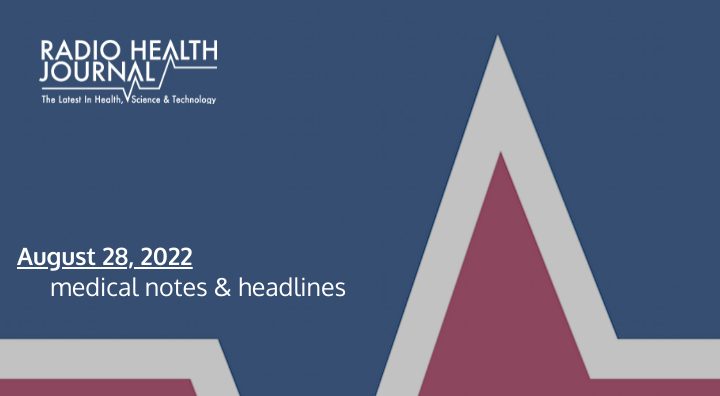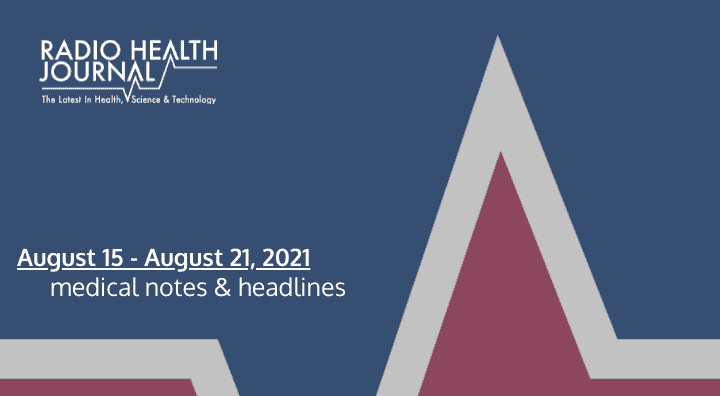About a third of people with major depression aren’t helped by the usual treatments. But they have some hope now that the FDA has approved the first completely new kind of drug for depression in years. The drug is a nasal spray called esketamine and it works in hours rather than weeks. Psychiatrists say it’s a major advance, but it’ll have to be used with caution. The drug is derived from an old anesthetic that was known as the party drug “special k,” and comes with a black box safety warning.
Having a teenage child can be frustrating, but scientists think they’ve discovered the one parental skill that can help navigate conflict with teens. It’s the ability to regulate anger. A study in the journal Development and Psychopathology finds that parents who can’t diminish anger are more likely to resort to the use of harsh, punitive discipline, creating hostile conflict. Researchers say dads are worse than moms at regulating anger and are more likely to conclude their teen is intentionally being difficult. So they dish out harsher punishment.
And finally… fast food now accounts for 11 percent of the energy intake in the United States and a new study shows, to no one’s surprise, that fast food meals are getting bigger and saltier. The study in the Journal of the Academy of Nutrition and Dietetics finds that the average fast food entrée has grown by 100 calories since 1986, and the average fast food dessert by 200 calories. On any given day, more than a third of American adults eat fast food.
Medical Notes 19-13: Week of March 31, 2019
About a third of people with major depression aren’t helped by the usual treatments. But they have some hope now that the FDA has approved the first completely new kind of drug for depression in years. The drug is a nasal spray called esketamine and it works in hours rather than weeks. Psychiatrists say it’s a major advance, but it’ll have to be used with caution. The drug is derived from an old anesthetic that was known as the party drug “special k,” and comes with a black box safety warning.
Having a teenage child can be frustrating, but scientists think they’ve discovered the one parental skill that can help navigate conflict with teens. It’s the ability to regulate anger. A study in the journal Development and Psychopathology finds that parents who can’t diminish anger are more likely to resort to the use of harsh, punitive discipline, creating hostile conflict. Researchers say dads are worse than moms at regulating anger and are more likely to conclude their teen is intentionally being difficult. So they dish out harsher punishment.
And finally… fast food now accounts for 11 percent of the energy intake in the United States and a new study shows, to no one’s surprise, that fast food meals are getting bigger and saltier. The study in the Journal of the Academy of Nutrition and Dietetics finds that the average fast food entrée has grown by 100 calories since 1986, and the average fast food dessert by 200 calories. On any given day, more than a third of American adults eat fast food.
Sign up to receive email updates
Enter your name and email address below and I’ll send you periodic updates about the podcast.











Leave a Reply